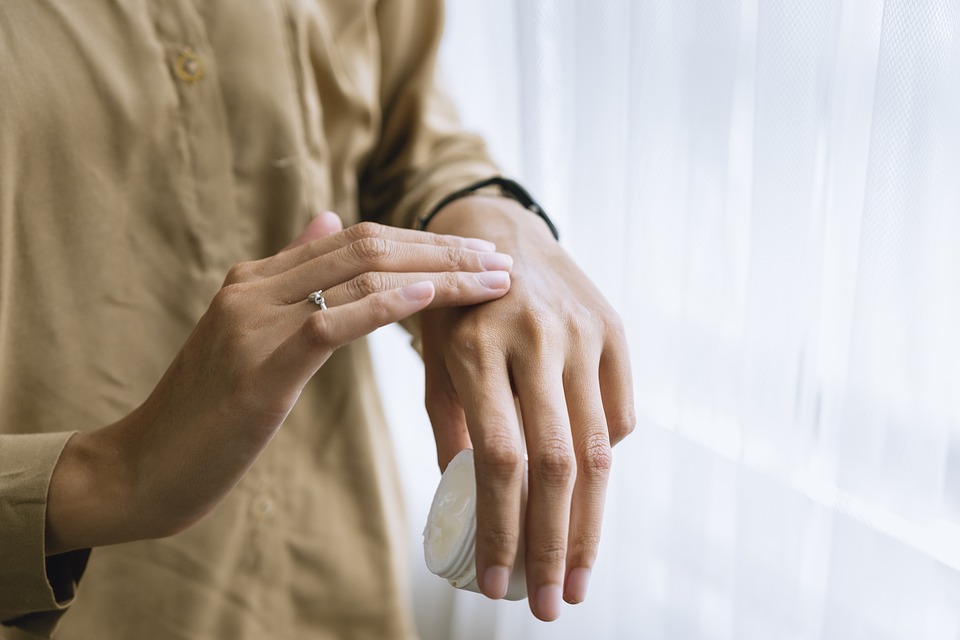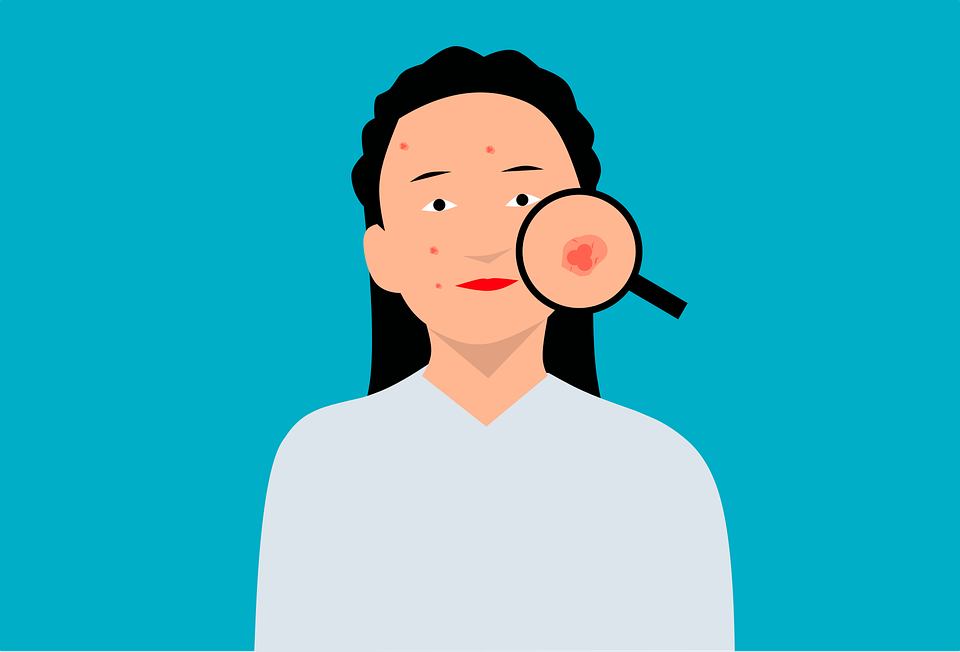Probiotics are often associated with gut health, but did you know they can also improve your skin health? The skin is the body’s largest organ, and it’s often the first line of defense against external factors. In this article, we’ll explore the link between probiotics and skin health and how they can improve your complexion.
How Probiotics Affect Skin Health
Probiotics can affect the skin in several ways, which can improve its overall health and appearance:
- Balance the Skin Microbiome: The skin is home to a variety of microorganisms, and a healthy balance of these microorganisms is essential for healthy skin. Probiotics can help maintain this balance and promote a healthy skin microbiome.
- Strengthen the Skin Barrier: The skin barrier is the outermost layer of the skin, and it acts as a barrier against external factors, such as pollution and UV rays. Probiotics can help strengthen the skin barrier, reducing the risk of damage and inflammation.
- Reduce Inflammation: Probiotics can help reduce inflammation in the body, which can reduce the risk of skin conditions, such as acne and eczema.
- Boost Collagen Production: Collagen is a protein that’s essential for healthy skin. Probiotics can help boost collagen production, reducing the appearance of fine lines and wrinkles.
The Benefits of Probiotics for Skin Health
Probiotics can benefit the skin in several ways:
- Reduce Acne: Probiotics can help reduce acne by reducing inflammation and balancing the skin’s microbiome.
- Improve Eczema: Probiotics can help reduce the symptoms of eczema, such as itching and redness, by reducing inflammation and strengthening the skin barrier.
- Reduce Signs of Aging: Probiotics can help reduce the signs of aging, such as fine lines and wrinkles, by boosting collagen production and reducing inflammation.
- Improve Overall Skin Health: Probiotics can improve overall skin health by promoting a healthy skin microbiome and strengthening the skin barrier.
Where to Find Probiotics for Skin Health
Probiotics can be found in a variety of foods and supplements. Here are some of the most common sources:
- Yogurt: Yogurt is one of the most well-known sources of probiotics. Look for brands that contain live and active cultures.
- Kefir: Kefir is a fermented milk drink that is similar to yogurt. It contains a variety of beneficial bacteria and yeasts.
- Sauerkraut: Sauerkraut is a fermented cabbage dish that is rich in probiotics. Look for unpasteurized sauerkraut to ensure that it contains live cultures.
- Kimchi: Kimchi is a spicy Korean dish that is made with fermented vegetables. It contains a variety of beneficial bacteria and can be a great source of probiotics.
- Kombucha: Kombucha is a fermented tea drink that is becoming increasingly popular. It contains a variety of beneficial bacteria and yeasts.
- Probiotic Supplements: If you’re not getting enough probiotics from your diet, you may want to consider taking a probiotic supplement. Look for one that contains a variety of strains of bacteria.
Final Thoughts
Probiotics can be a valuable addition to a health routine for their potential to improve skin health. By promoting a healthy skin microbiome, strengthening the skin barrier, reducing inflammation, and boosting collagen production, probiotics can reduce the risk of skin conditions, such as acne and eczema, and improve the overall health and appearance of the skin. By incorporating probiotic-rich foods into your diet or taking a probiotic supplement, you can help support a healthy gut microbiome and potentially improve your complexion. As always, be sure to talk to your doctor before making any changes to your diet or supplement routine.







